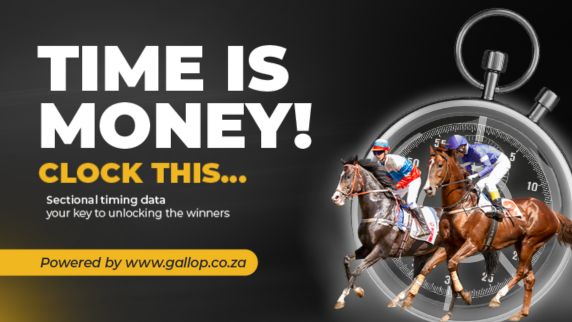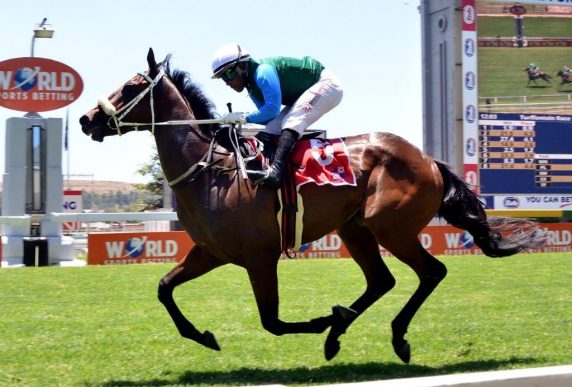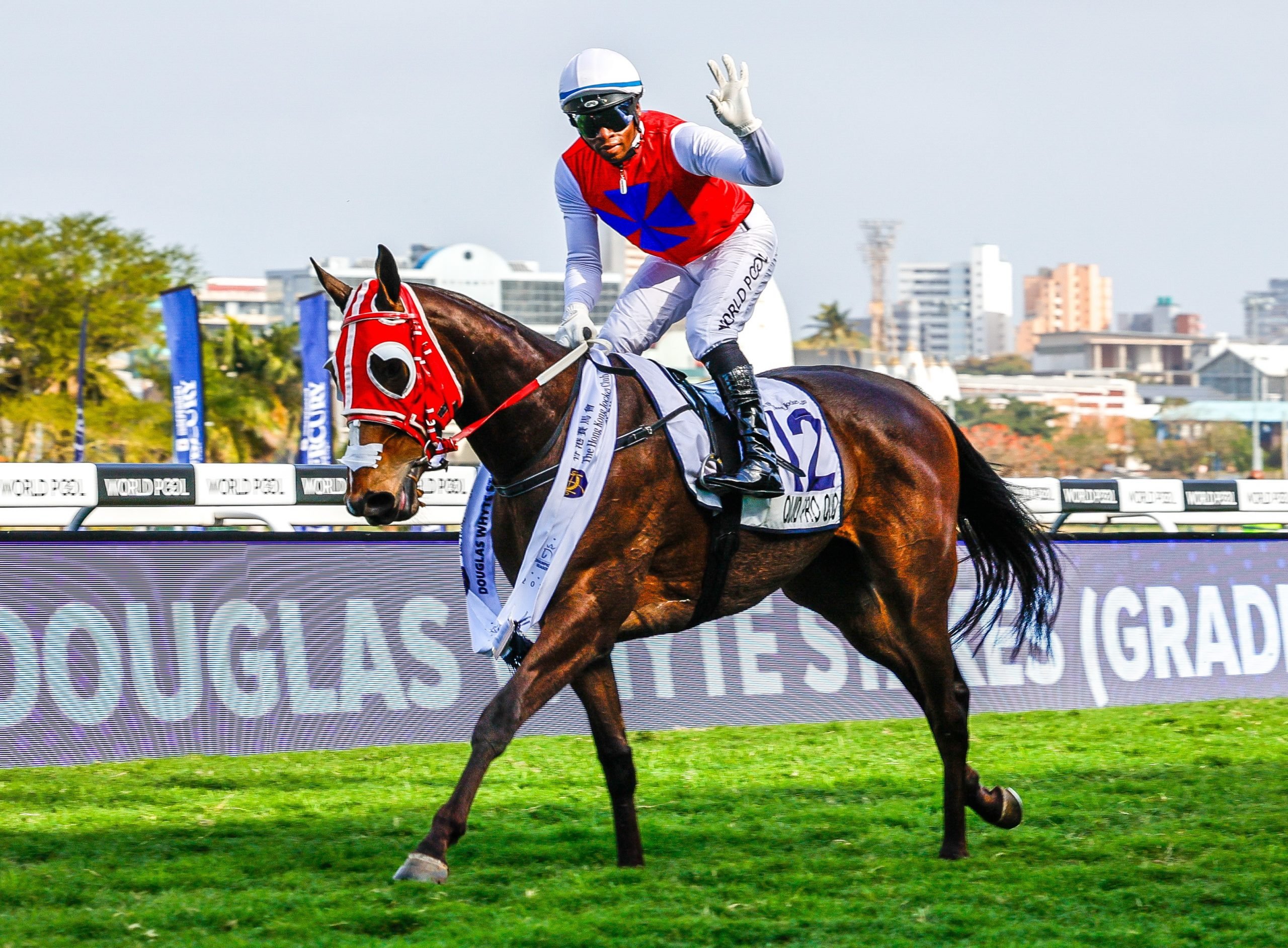In an extract from Frankincense And More, The Biography Of Barry Hills, by Robin Oakley, the training legend describes the ‘respectable skulduggery’ of getting one over on the bookies and his golden rules for successful punting . . .
So how successful is Barry Hills as a punter?
In the 1990’s he used to tell reporters that he reckoned to supplement his training fees by winning £50,000 to £60,000 a year.
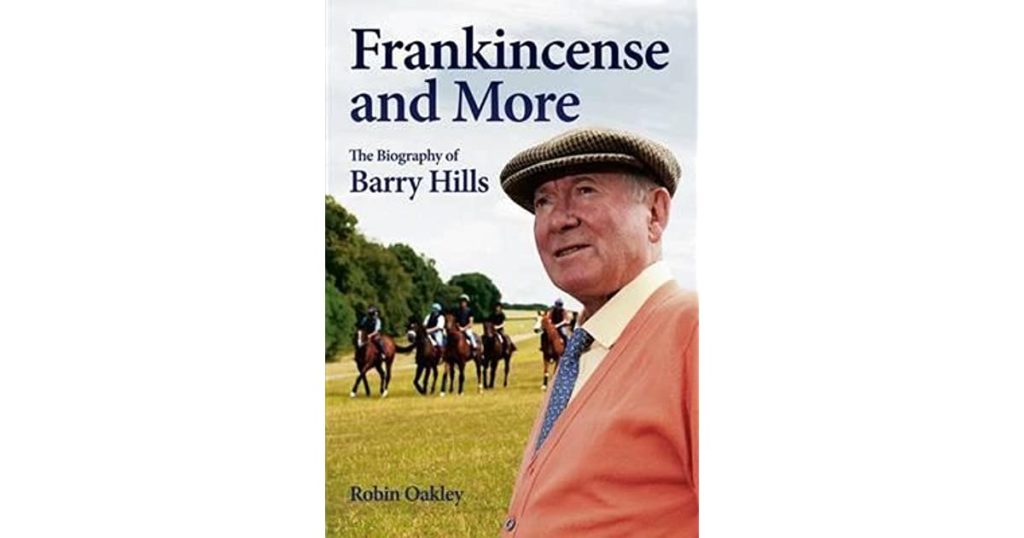 In April 1996 he told Richard Evans of The Times that he had taken £66,000 off the bookmakers the previous season and added: “I’ll try to make it £100,000 this year.”
In April 1996 he told Richard Evans of The Times that he had taken £66,000 off the bookmakers the previous season and added: “I’ll try to make it £100,000 this year.”
Barry’s comment in an interview with the Racing Post’s Alastair Down summed up his attitude: “At heart, this is a game of intrigue and fascination. It is respectable skulduggery – you don’t have to cheat with them but the way people run horses, perhaps over the wrong trip or at the wrong time, is all part of the skill. This shouldn’t be a game designed for idiots.”
One to rank with the big handicap gambles was a bet Hills landed at Newbury on June 13, 1996.
On course he found that his Fun Galore, entered in the Kingsclere Conditions Stakes, was available at 12-1. Hills admitted to “having a few quid on”. It turned out later this meant £2,000.
Joe Mercer, racing manager for Maktoum Al Maktoum, the owner of Fun Galore, said at the time that the trainer won enough to buy a new car.And Barry doesn’t drive utility models.
The trainer’s comment was: “You’ve got to set one up sometimes.”
Pat Eddery was on the stable’s other entry, Peartree House, who was shorter in the betting and finished fourth, but Barry could argue that he had put the Derby-winning jockey, son Michael, on Fun Galore.
‘You wouldn’t know if he had a fiver or £5,000 on’
One of the more recent Hills successes with the money seriously down was the victory of Desert Dew in the Esher Cup at Sandown in April 2007. Desert Dew was showing himself to be an improving horse in his homework and Barry knew he had him ready.

In the morning Desert Dew was available at 17-1 on Betfair. On the course his price evaporated to 7-1 and in the race, ridden by Michael Hills, he burst clear in the straight to beat Aegean Prince and Zaham. Job done. Barry did not lack for restocking funds at that year’s Chelsea Flower Show.
What, one wonders, does it feel like in the yard when Barry has a well-backed horse coming up? Does it show? Most say not.
Derby-winning trainer Peter Chapple-Hyam, one of Barry’s assistants at Manton, says: “You wouldn’t know if he had a fiver or £5,000 on. If you didn’t ask you didn’t know. He’s a very private sort of person. He’d be a very good poker player.”
Bob Street says: “He doesn’t tell you he has backed it. He just says, ‘Go out and win.’ I used to ring up and say, ‘How do you want me to ride this?’ and he would say, ‘Just win’.”
Son Richard says: “He’d more likely tell you afterwards, especially if you got beat on the thing. You’d hear the sharp end of his tongue if he thought it should have won. When you walked in the paddock he wouldn’t tell you.”
But it is stable jockey Michael who is most likely to find himself on a fancied Hills runner and he admits that it is the one pressure which can get to him.

Michael Hills
“When he’s had a bet he will tell me six or seven times before I go out in the paddock how much it means. It can be quite unnerving. A lot of trainers would never mention it. He would want you to know how much it meant.
“The first time round when I got sacked it did hurt, it did matter, because Robert Sangster was doing it and other people were involved and they’d all had their money on.
“The second time I went back to him I knew how to handle it. He has had some touches and he’s pretty good at it. But he doesn’t do it that much now. Basically he won’t back one unless he really thinks he’s getting value for money.”
So what are the BW Hills rules for sensible betting? What can the rest of us learn? The first thing is that most of his bets are on his own horses. “I rarely back other people’s horses. Sometimes I feel I don’t know enough about my own.
“You can’t win backing bad horses because most bad horses have a problem – they bleed or they won’t do it or they need blinkers. You’re far better off backing one good horse against other good horses than a bad one against other bad horses.”
Also, he says, it is easier to make money in the second half of the season when there is more form in the book.
Any other golden rules?
“Never bet odds-on. If you could buy money they would sell it at a shop down the road. Never back each-way. And don’t be frightened of a long price – the longer the odds the more you should have on.”
An intriguing Hills theory was outlined one day to JA McGrath, who noted in the Daily Telegraph that Barry reckoned he could spot future winners by watching horses after the finishing line as they began to pull up, instancing that The Glow-Worm had been upsides High-Rise 50 yards beyond the winning post in the 1998 Derby.
“You’d be amazed the numbers of winners you can find,” Barry told him.
You can see why Hills gets on with owners who like a gamble, like lucky Tony Shead. He was only ever interested in a good bet if the odds were decent.
Like Barry, he says he would not back a 4-7 shot. “If you do, it’s the relief you feel at not losing the £700, not the joy you get in winning £400.”Shead tells a tale of one winner that Barry might not have backed.
At one Epsom Bank Holiday meeting the trainer was elsewhere and it was up to him, he reckoned, to give suitable instructions to the jockey riding his horse. To his surprise, the jockey told him in the parade ring: “I spoke to Mr Hills on the telephone this morning. He told me you’ve got a nice horse here but she’s run only once and to give her a nice race and get as close as I can.”
The response from the startled owner was: “What are you talking about? None of the other runners are much good. I fancy her to win. I’ve backed her and I’ve put on £25 for you.”
The jockey did not waste much time getting his mount into the lead and was never headed. Shead says: “All he had to mutter as he unsaddled was, ‘Will you be seeing me later, sir?’ It must have been a popular win, too, because I still remember the roaring cheers as they came up the straight.”
The days of the old-fashioned coup, Hills suggests, have largely gone. “It’s different now because horses have to run on their merits. You’ve got to find one who’s improving fast.”
His betting winnings these days are down to about £15,000 a year, although he did have that good touch in Desert Dew’s Esher Cup.
As a man of strong views, Hills certainly has some on the betting industry too. He doesn’t like the exchanges. “I’m very much against Betfair. I think it is terrible to lay horses to lose. The levy should be based on turnover, not on bookmakers’ profit. Bookmakers have always been classed as the enemy.”
Hills’s main complaint is that, while punters are better informed than ever, it is harder for them to back winners for one simple reason.
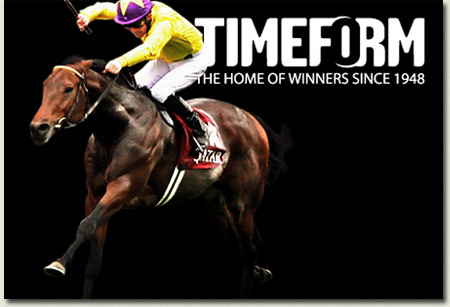
As his friend Phil Bull, the Timeform founder, used to argue, the going is the most crucial factor, yet “the officials responsible for watering racecourses do whatever they like.
As a result punters never know what the ground is going to be and for that reason they’re doing their money and bookmaker profits are soaring.
“Years ago you’d be able to whittle down a race to four runners with a serious chance. That’s no longer the case because we’re all in the dark over the state of the going. So many odds-on shots are getting beaten due to the ground.”
Gambling, for Hills, is an added element in his profit-making. So it remains an activity largely confined to horses, almost always his own.
Playing cards does not attract him.
“I was never really interested. If I play cards I do it in a casino, not with friends. If you play with friends and you are losing you never want to back off and if you are winning you can’t back off.”
But every man, it seems, has his weakness. Hills does not play golf any more and that may be a good thing. Says his friend Bobby McAlpine: “Barry is a good loser on the racecourse but a terrible loser on the golf course.”
- Originally published in the Racing Post






